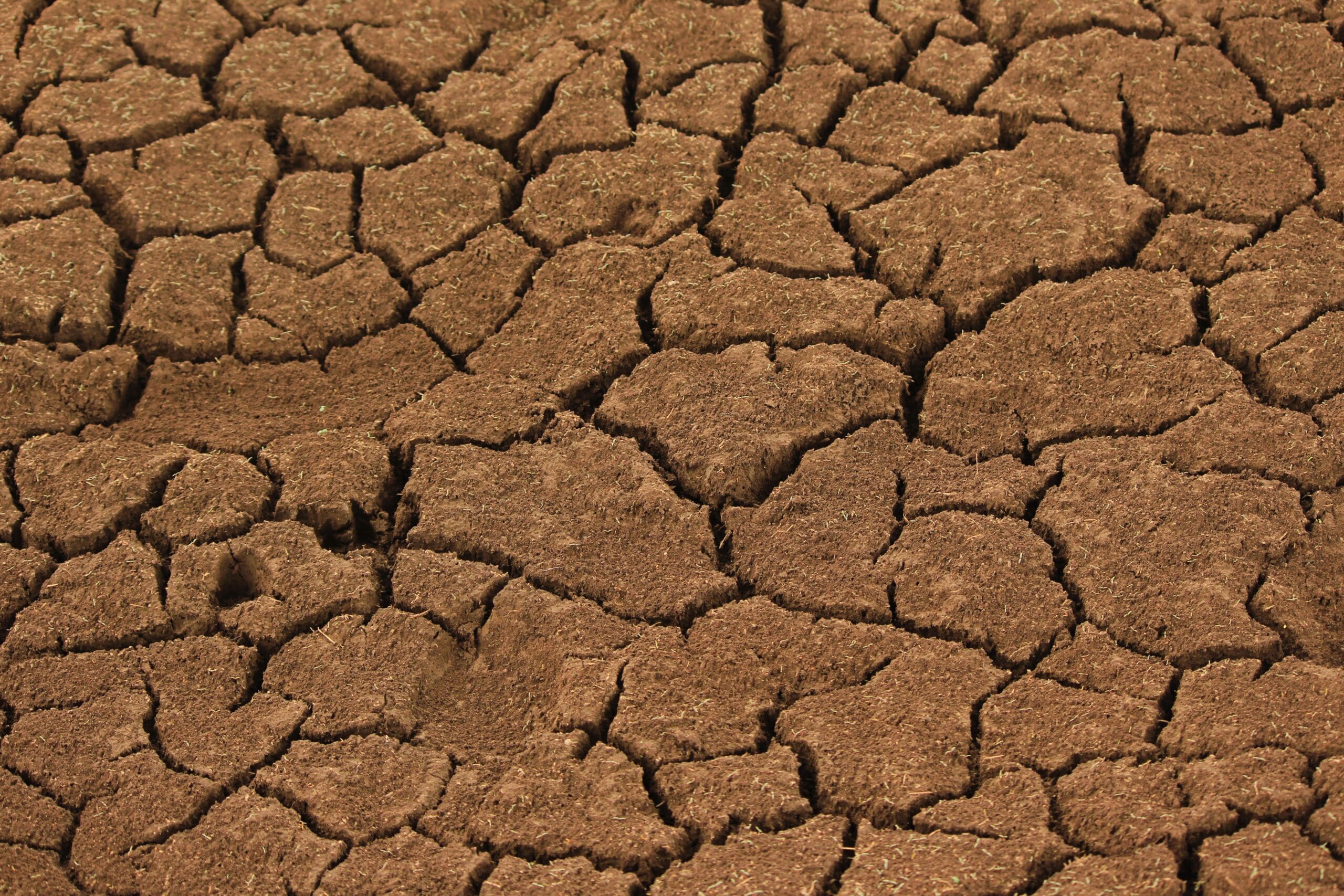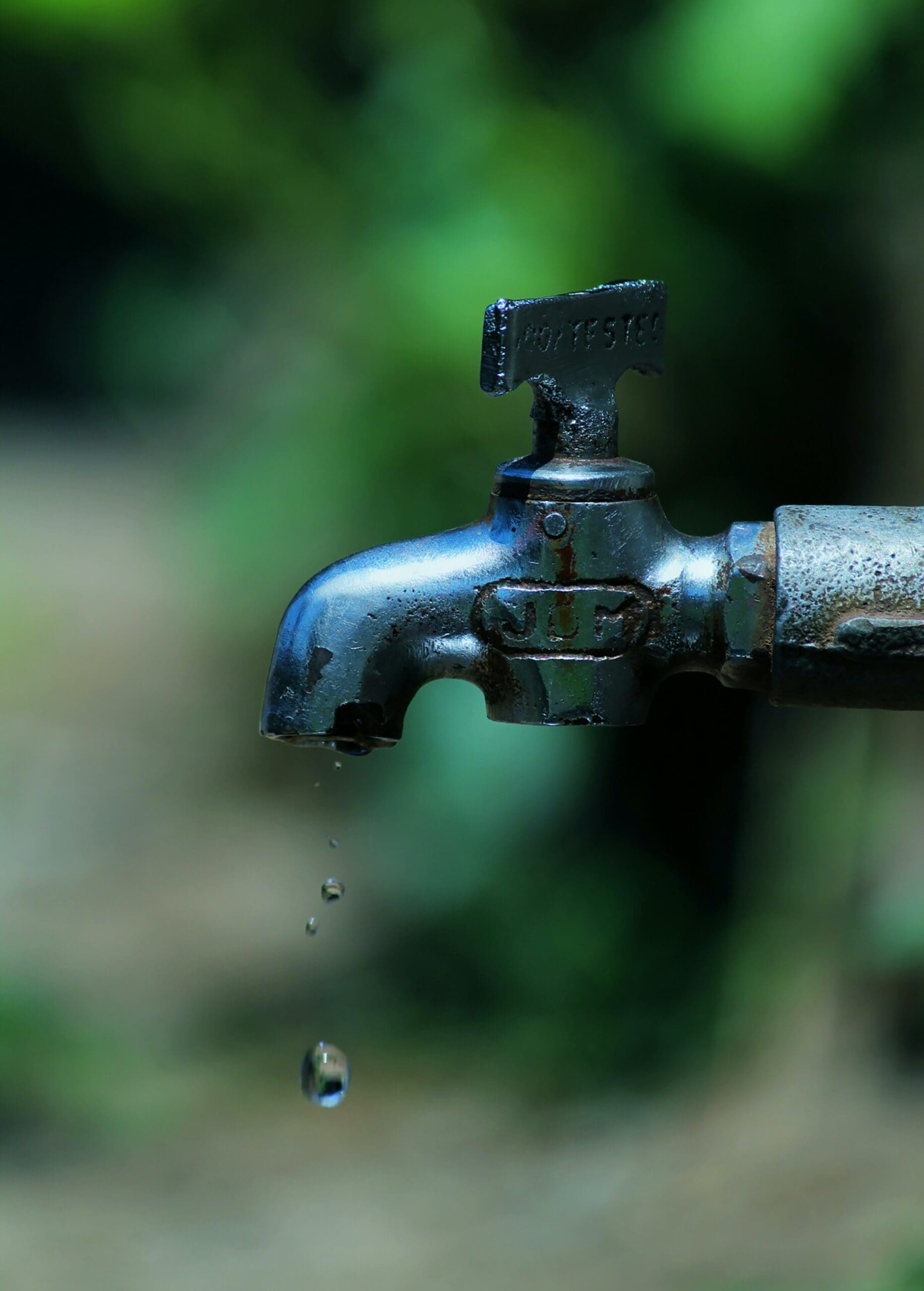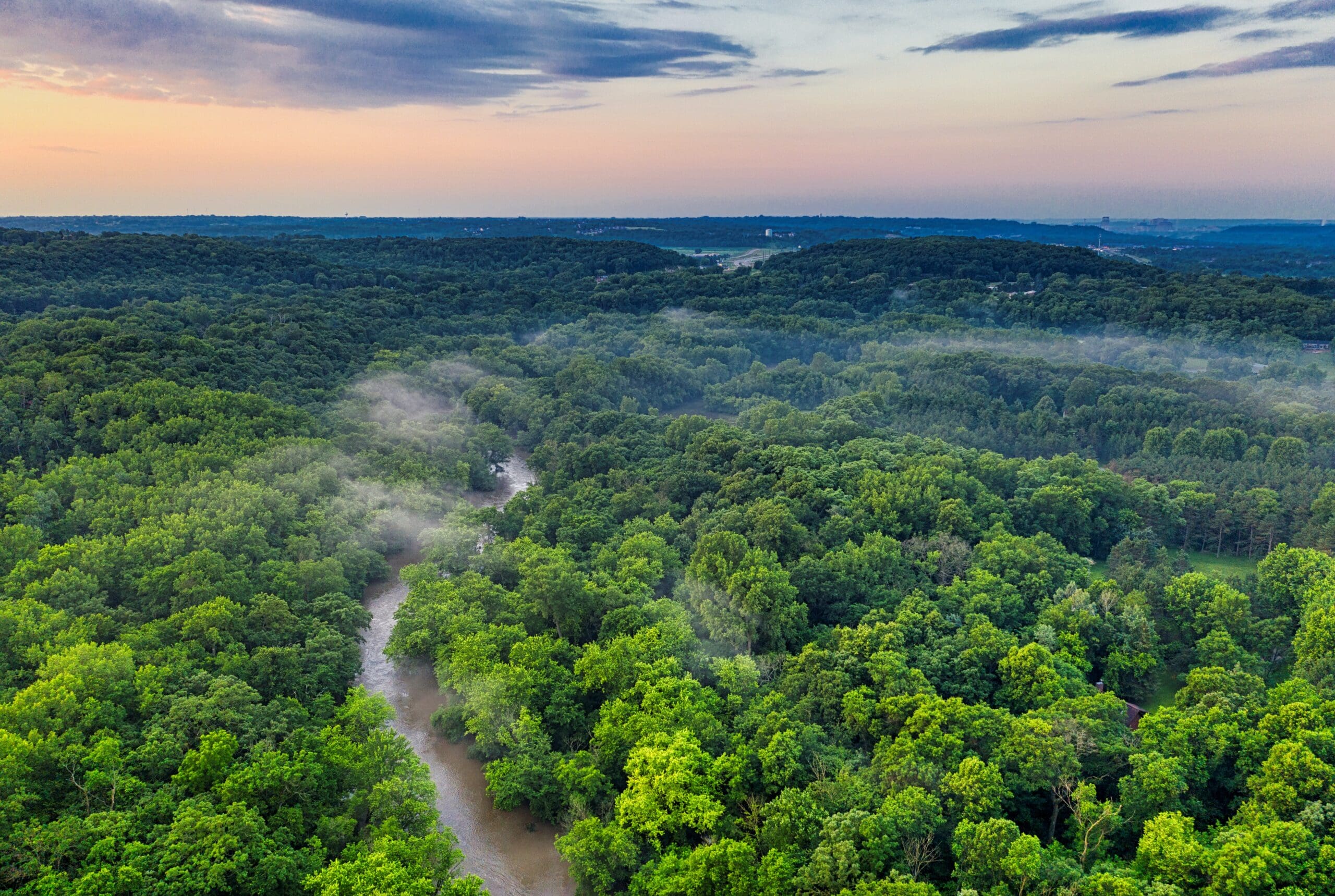
Environmental Sustainability Facts for Kids – 5 Super Facts about Environmental Sustainability
Table of Contents
Environmental Sustainability Fact Number 1: Plato Knew that Our Daily Habits Can Affect Our Environment
Environmental sustainability is all about being good to our planet so that we can live here for a very long time. It is important for us to use our resources responsibly and to avoid damaging the planets’ environment. The environment can be damaged in a lot of ways, like when we cut down lots of trees, which is called Deforestation.
The Ancient Greek philosopher Plato understood the damage that cutting down trees did to the environment over 5000 years ago. He noticed that when they cut down trees by the rivers the good soil washed away. This is a thing called ‘soil erosion’ and it is still a problem today.

Environmental Sustainability Fact Number 2: You Can Help Environmental Sustainability Doing Little Things Everyday
When you leave a room make sure to turn off the lights and TV to save energy. If you see a tap dripping turn it off fully. Did you know that a tap left dripping loses one drop of water per second. That doesn’t seem like a lot but 1 drop per second can add up to 65 gallons of water. That’s as much water as a person uses in 2 weeks. You can save all that water by just turning the tap.

Environmental Sustainability Fact Number 3: Glass and Aluminum Can Be Recycled Forever
Recycling is a great way to help the environment. When we recycle aluminum it helps the planet because recycling aluminum into new things takes 90% less energy than making more aluminum.
Aluminum is so great for the environment that people are creating water in cans to help reduce the amount of people using plastic water bottles. This is just one of the many sustainable swaps people use to try and reduce the harm they do to the environment.
Environmental Sustainability Fact Number 4: Whale Poop Helps The Ocean Absorb Carbon Dioxide!
Carbon dioxide is always in the air, we even breathe it out ourselves. Carbon dioxide is a greenhouse gas. This means it traps heat in the atmosphere which contributes to global warming. Trees breathe in carbon dioxide which is why they are so good for the environment. When whales in the ocean poop it falls to the ocean floor. Their poop is very high in iron and this helps phytoplankton grow. Phytoplankton are very good at absorbing carbon which helps reduce the effects of global warming.
Environmental Sustainability Fact Number 5: Indigenous People Protect 80% of Earth’s Biodiversity
Biodiversity is the variety of wildlife and plants you will find in an area and it is very important to environmental sustainability. When an area has a big range of plants and animals it allows the area to have lots of nutrients in the soil, to pollinate plants so they grow, and allows for a balanced ecosystem.
Indigenous people are people who are linked to the land they live in. They believe that they are connected to the environment and have to respect it. They protect the environment in many ways such as their farming. They make sure their farming is done in a way that helps the soil stay healthy.



Leave a Reply